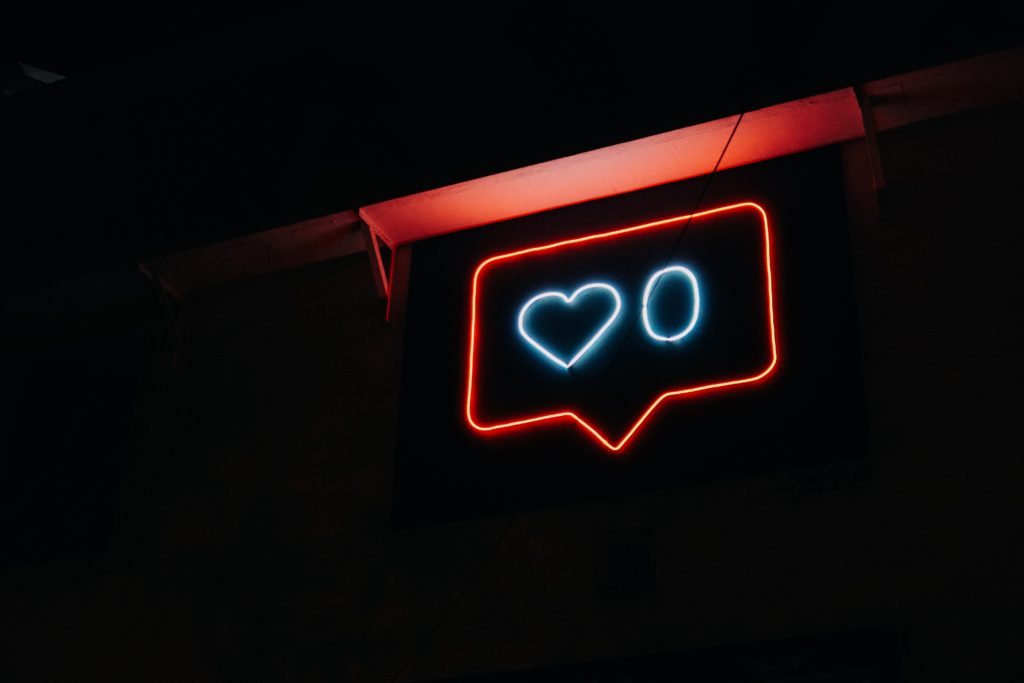
Background
In order to reach a large amount of prospects for new businesses or clients willing to buy products and services newly launched, there is a need to put together a serious marketing plan that should include social media marketing as well. This particular type of marketing can be carried by companies themselves through their own social media platforms. However, to accelerate spreading the word faster, more and more companies are casting “ social media influencers” as their targets.
In fact, the “2019 We Are Social Global Digital Report” highlighted that global digital growth is showing no sign of slowing, as there are a million people across the world navigating online every single day. Social media use is being absolutely fueled by this growth and there are 3.5 billion people using social media now, making 45% of the world’s population. So, there is definitely a need for social media to be more and more used by companies, and the people who actually give meaning to this type of marketing tool are called “influencers”.
Defining an influencer
According to Influencer Marketing Hub, an influencer is defined as “someone who has the power to affect the purchasing decisions of others because of his or her authority, knowledge, position, or relationship with his or her audience.” From this perspective, influencers are individuals considered as, not simply marketing tools, but rather social relationship assets that collaborate with brands to assist them achieve specific marketing goals.
There are many categories of influencers focusing on specific areas such as fashion, game, beauty, cosmetics, lifestyle, food and drink. And more and more, there are many people of all ages who are becoming social media influencers to conquer the hearts of Japanese audience.
In Japan, it seems like influencers are playing a very influential role in digital marketing today; their particularities being the fact that most are “talents” i.e. TV personalities, models, music band members and so on. Here is a look on top Japanese social media influencers.
Influencer market Japan
Out of about 126 millions people that make Japanese population, there are about 31 millions users on Instagram. This is a big market share for the social media industry alone. For illustration, the results of a study carried out by Digital In Fact (a Japanese market research firm), the influencer marketing industry in Japan in 2018 exceeded 200 million US dollars in value and this is projected to double in size by 2023 with more than over 500 million US dollars. This means that most companies are considering incorporating social media marketing into their overall marketing strategy.
On the other hand, in order to reach a wide majority of their fans, who are actually potential customers of the companies they do promotion for, most popular influencers can demand very high fees. And generally, companies are usually willing to pay because those influencers have the potential to reach larger audiences. This could be explained by the fact that in Japan, most Japanese Influencers operate as talents belonging to management agencies which handle contracts and other matters on behalf of the influencers. This actually makes it harder for independent influencers to get more jobs.
Moreover, in online articles published by influencer marketing specialists, it was argued that in Japan, there are no official watchdog state organizations like the Federal Trade Commission (FTC) in the US and Advertising Standards Authority (ASA) in the UK. In the absence of such state bodies, digital marketing and advertising organizations like The Word of Mouth Japan Marketing Association (WOMJ) and Japan Interactive Advertising Association (JIAA) provide guidelines that social media agencies and influencers can follow and abide by. Indeed, the aforementioned organizations don’t possess any legal binding power in Japan. However, most advertisers follow their rules. It seems like they are important organizations because consumers would get angry and criticize sponsors that wouldn’t show any transparency in their influencer campaigns. In fact, sponsoring companies have to use the hashtag for transparency which is not #AD or #sponsored, but instead #PR in most cases.
At last, it is indispensable to point out that most influencers can only speak Japanese and almost all publicity activities are carried out in Japanese. It could be better to hire a local bilingual agency that could bridge the influencers and the non-Japanese companies, considering the fact that Japanese influencers are a representative subset of the Japanese population. This would require finding an agency with a sound knowledge in the area of social media marketing and of influencer marketing as well, including data related to targeted or desired influencers.
Concluding remarks
Utilizing social media influencers mainly Youtubers, Podcasters, and Instagramers is almost becoming a common thing for brands to promote their image as there is an increase in the amount of money spent every year on influencers. This fact is the driving force of influencer marketing today in a country where consumer behavior is portrayed and put forward in virtue of social media usage.
Therefore, foreign companies seeking opportunities to enter the Japanese market will definitely need to partner with Japanese influencers who can provide them with additional reach and help them build brand awareness among Japanese public.
